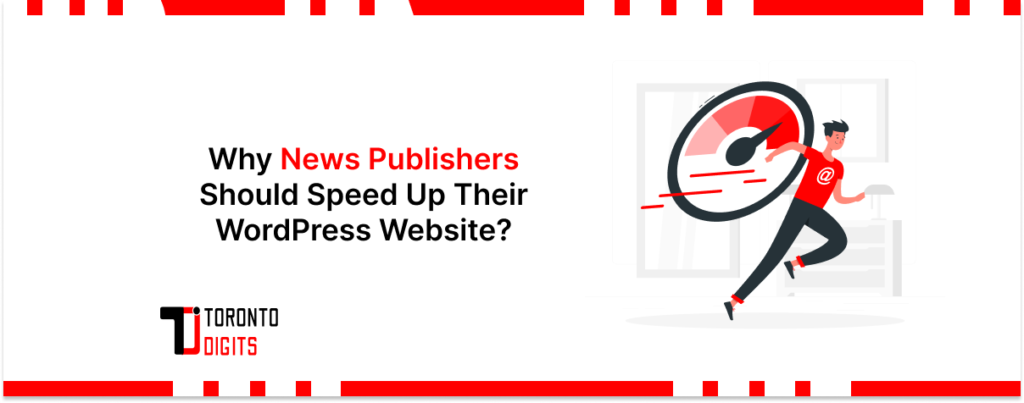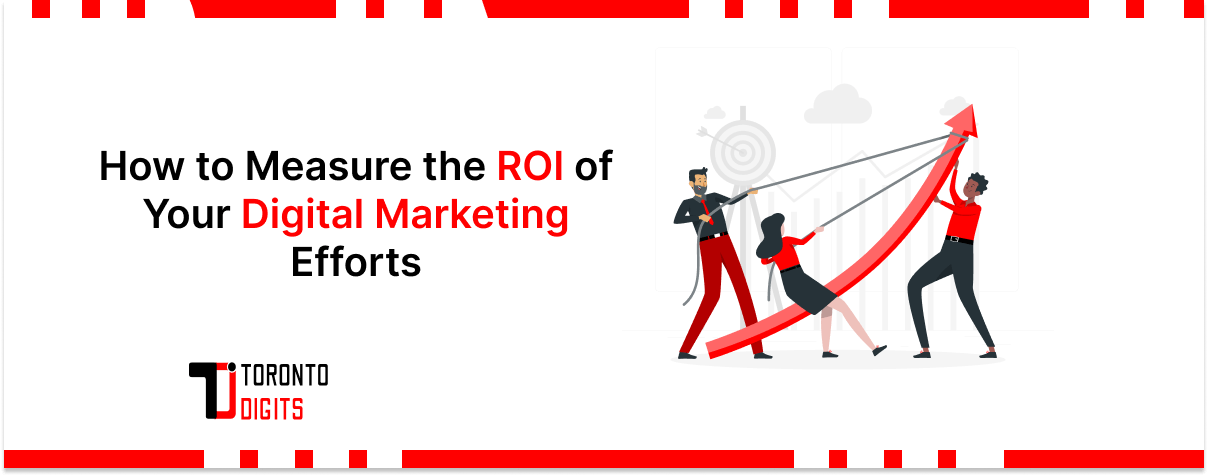In an age where every second counts, a slow-loading website can make or break your audience’s experience. For news publishers, delivering timely content is critical. A sluggish website could mean missed opportunities, reduced engagement, and even lost revenue. Both focus on website speed because speed doesn’t just enhance user experience—it’s a cornerstone of your SEO rankings, advertising revenue, and overall business growth. Security improvements can also enhance speed, making performance optimization a multi-faceted advantage.
This article explores why website speed matters for news publishers, the challenges of slow-loading WordPress sites, and actionable steps to improve performance.
Why Website Speed Matters for News Publishers?
1. Higher Search Rankings
Search engines like Google prioritize fast websites because they provide a better user experience. Page speed is a critical ranking factor, and slow websites are penalized, making it difficult for readers to find your content. Engagement metrics are impacted by site speed, and if your news articles aren’t appearing in search results, you’re missing out on significant traffic.
2. Increased Reader Retention
News consumers demand instant access to information. Studies reveal that a one-second delay in page loading can lead to:
- 16% reduction in customer satisfaction
- 11% drop in page views
When your site lags, readers are likely to abandon it and turn to competitors, decreasing engagement and retention rates. Faster sites improve the social sharing experience, encouraging readers to distribute content more widely.
3. Boosted Advertising Revenue
For news publishers, every second of engagement matters. A slow-loading site increases bounce rates, reducing the number of ad impressions and clicks. By ensuring quick load times, you can keep readers on your site longer, maximizing revenue from display ads and sponsored content.
4. Better Mobile Performance
Over 70% of news readers access content via mobile devices. Mobile users expect near-instantaneous loading, and slow websites can drive them away. Optimizing for mobile speed ensures a seamless reading experience across all devices.
What Causes WordPress Websites to Slow Down?
1. Poor Hosting
Shared hosting plans, while cost-effective, often divide server resources among multiple sites, resulting in slower performance. High-traffic news sites require dedicated or managed WordPress hosting for optimal speed.
2. Heavy Themes and Feature Overload
Overloaded themes with unnecessary features like sliders, animations, or complex layouts can drastically slow down your site. Lightweight, minimalist themes optimized for speed are a better choice for news publishers.
3. Unoptimized Images and Videos
Large media files, especially high-resolution images and videos, consume bandwidth and slow down load times. Without proper optimization, these files can be a major bottleneck.
4. Plugin Bloat and Conflicts
Installing too many plugins or using outdated ones can lead to performance issues. Conflicts between plugins or with the theme can further degrade speed and functionality.
5. Lack of Caching
Without caching, your server has to regenerate the same content for every user request, leading to slower page delivery and potential server overload.
6. No Content Delivery Network (CDN)
A CDN ensures that your website content is distributed across servers worldwide. Without one, users located far from your hosting server may experience slower load times.
How to Speed Up Your WordPress Website?
A fast WordPress website is vital for engaging readers, improving SEO rankings, and boosting ad revenue. For news publishers, speed is non-negotiable—delays can drive users to competitors and hurt overall performance. Implementing effective optimization strategies ensures your site delivers news instantly, retains audiences, and maximizes business potential.
Here are practical steps to speed up your WordPress site:
1. Choose High-Quality Hosting
Invest in managed WordPress hosting providers like DreamHost, Bluehost, or Hostinger. These services are optimized for performance, scalability, and handling traffic spikes.
2. Use a CDN
A CDN ensures faster content delivery by using the server closest to your visitors’ location. Popular CDN providers like Cloudflare and KeyCDN can significantly reduce latency and improve user experience.
3. Optimize Images and Videos
- Compress images using tools like TinyPNG or plugins like Smush.
- Convert images to modern formats like WebP for better performance.
- Enable lazy loading so media files load only when they are visible to the user.
4. Minimize Plugins
Remove unnecessary plugins and ensure the remaining ones are lightweight and essential. Consolidate features into multifunctional plugins to reduce resource usage.
5. Enable Caching
Install a caching plugin like W3 Total Cache or WP Rocket to store static versions of your pages. This reduces server load and speeds up content delivery.
6. Update WordPress, Themes, and Plugins
Always keep your WordPress installation, theme, and plugins up to date. New updates often include performance improvements and security fixes.
7. Upgrade to the Latest PHP Version
Switching to the latest PHP version can improve performance by up to 20%. Most hosting providers offer an option to update PHP in their control panel.
8. Secure Your Website with HTTPS
Enable HTTPS to enhance website security and boost your search engine rankings. Free SSL certificates are often included with hosting plans.
Emerging Trends to Watch
For advanced optimization, consider adopting:
- Headless WordPress: Separating the front-end and back-end for faster loading times.
- AI-Based Optimization: Tools that use machine learning to predict and improve traffic performance.
- Serverless Hosting: A cloud-based option that scales automatically during traffic spikes.
Benefits of a Fast WordPress Website for News Publishers
1. Improved SEO
A faster website leads to better search rankings, ensuring your news articles appear prominently in search results.
2. Enhanced User Experience
Quick loading times create a seamless browsing experience, encouraging readers to stay longer and explore more content.
3. Better Mobile Performance
With most users accessing news on mobile devices, speed is essential for delivering content without delays.
4. Higher Ad Revenue
Fast websites result in lower bounce rates and more page views, directly translating to higher advertising revenue.
5. Ability to Handle Traffic Spikes
Breaking news stories often attract sudden surges in traffic. A well-optimized website can handle these spikes without crashing or slowing down.
Final Thoughts
A fast WordPress website is essential for news publishers aiming to stay competitive. From better SEO rankings and reader retention to increased ad revenue, the benefits of speed are undeniable. Start by addressing common issues like hosting, caching, and image optimization, and explore emerging trends like serverless hosting for even greater performance. Trends in speed optimization continue to evolve, offering new ways to enhance site performance.
Every second counts in the fast-paced world of news publishing. By prioritizing website speed, you can ensure your audience stays informed, engaged, and coming back for more.




